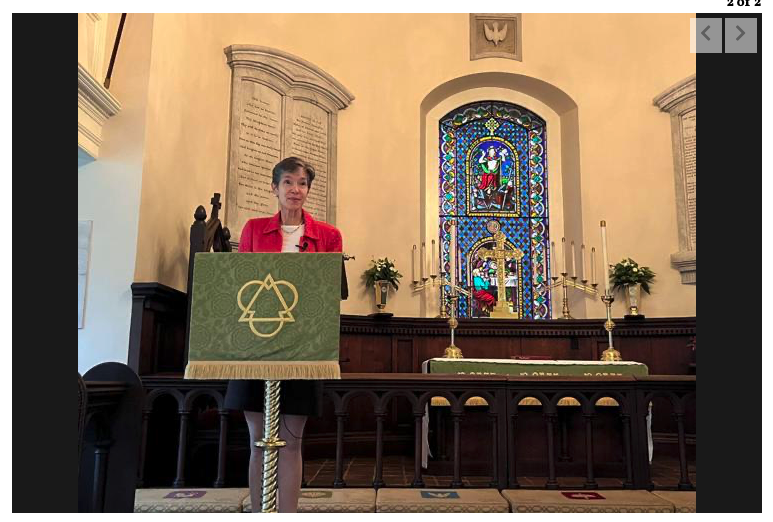One solution, Cahill said, was raising ticket prices for city tours or events. By doing so, preservationists have lowered numbers of tourists but recouped more money from less overall costs. As a result, more folks have joined the Preservation Society as well.
Another issue ongoing in Charleston is flooding. The city is around eight feet above sea level and exposed to the ocean via the confluence of the Ashley and Cooper rivers in Charleston Harbor.
The Army Corps of Engineers has pushed for a $1.1 billion sea wall around 12 feet in height to protect Charleston’s peninsula from flooding – caused by anything from high tides, storm surge, subsidence and rising seas.
Edenton is at similar risk, being a low-lying town open to the Albemarle Sound. Hurricanes approaching from the south frequently drive water inland and parts of town often flood during summer rainstorms. To make matters worse, Edenton’s stormwater system is outdated or strained in many locations.
Cahill stressed that integrating flood adaptation strategies and resiliency measures with historic preservation can serve to protect the centuries-old homes and structures in both Charleston and Edenton.
Preservationists in Charleston have also been working on house elevation, working with leading experts on the subject to create architectural guidelines that assist homeowners trying to adapt to changing conditions.
Some homes in Chowan County, near bodies of water, are already elevated. Many more, however, such as along Water Street in downtown Edenton, are not, and sit precariously close to the bay.
Shifting topics to overdevelopment, which can sometimes go hand-in-hand with over-tourism, Cahill said Charleston has fallen victim to explosive growth that often neglects the city’s historic character and charming soul. New high-rises and apartment complexes now resemble something seen in Atlanta or Charlotte rather than a historic coastal city.
“The Preservation Society [of Charleston] is not against growth, we are for managed growth undergirded by some kind of vision,” Cahill said. “A vision that incorporates resilience planning, demands architectural quality that is worthy of Charleston, provides for green space and protect existing neighborhoods’ quality of life.”
She blamed a rapid pace of development and seeming inability of elected leadership to articulate such a vision for growth (and how to manage it) on Charleston’s predicament.
“As long as we [Charleston] have a really strong mayor who knows how to handle all of the politics around this, we’ll be okay.” Cahill said. “But we don’t have that now. We’ve got a city council that’s fractured and really the only people who care about the historic district are the people who live there.”
Other issues plaguing Charleston that could echo in Edenton include inadequate infrastructure and racial and economic disparities.
Cahill urged Edenton to emphasize placing residents first, while choosing leaders who manage growth and tourism responsibly, all while seeking to adapt to risks from the environment and promote inclusion in often ignored groups and neighborhoods.
She said that Edenton should plan carefully and learn from other communities that are years and decades ahead, such as Charleston, to avoid common pitfalls.

